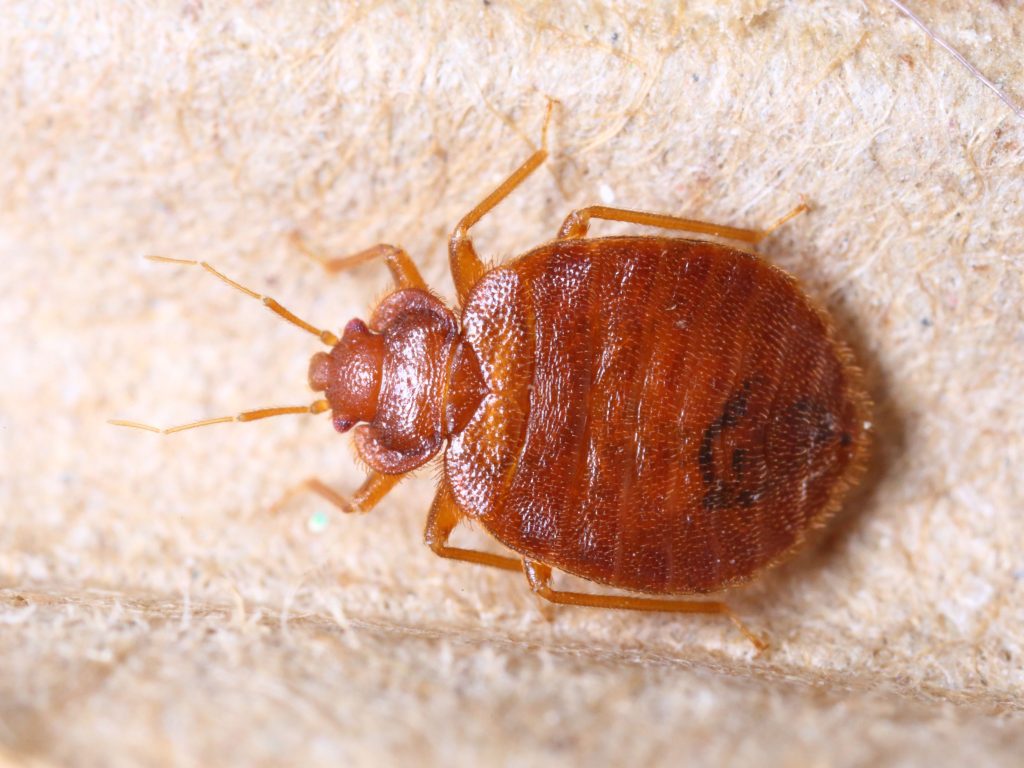Bugs: Nature’s Tiny Wonders and Pests
When we think of bugs, the first reaction for many is to cringe or reach for a can of bug spray. However, bugs are not just pests that invade our homes and gardens. They are fascinating creatures that play important roles in our ecosystem. Bugs, with their vast diversity and remarkable abilities, are nature’s tiny wonders. Bugs, or insects, make up the largest and most diverse group of animals on our planet. With over a million known species and countless more waiting to be discovered, bugs come in all shapes, sizes, and colors. From delicate butterflies to industrious ants, bugs have adapted to every niche and habitat on Earth. Their incredible variety is a testament to the wonders of evolution. One of the most intriguing aspects of bugs is their unique behaviors and capabilities. Take bees, for example. These tiny creatures are responsible for the pollination of a significant portion of our food crops. Without bees, our agricultural systems would collapse, leading to a massive disruption in our food chain. Moreover, bees have complex communication systems and can navigate long distances with precision, making them admirable creatures to study.

Ants, another group of bugs, showcase remarkable social organization. Within their colonies, ants divide labor, communicate through chemical signals, and exhibit collective decision-making. These complex societies have fascinated scientists for years, providing insights into the dynamics of cooperation and division of labor. Bugs are not only beneficial but also serve as an important part of the food chain. They are a vital food source for numerous animals, including birds, reptiles, and mammals. In turn, these animals help maintain a balanced ecosystem. Bugs also act as decomposers, breaking down organic matter and recycling nutrients back into the soil. While bugs can be beneficial, there are instances when they become pests. Agricultural pests, such as locusts and aphids, can cause significant damage to crops, leading to economic losses and food shortages. In urban areas, mosquitoes are notorious for spreading diseases like malaria and dengue fever. It is crucial to manage and control these pest populations to mitigate their negative impact on human well-being.
However, it is important to approach pest control with caution and respect for the environment. Indiscriminate use of pesticides can harm beneficial insects, disrupt ecological balance, and have long-term consequences for human health. Integrated Pest Management techniques, which focus on a combination of biological, cultural, and chemical methods, offer a more sustainable and environmentally friendly approach to pest control. They are nature’s wonders, showcasing incredible adaptations and behaviors. From their vital role in pollination to their contribution to the food chain, About bugs play a crucial part in maintaining a healthy ecosystem. While we need to manage pest populations responsibly, it is important to appreciate the beauty and importance of bugs in the grand tapestry of nature. So, the next time you encounter a bug, take a moment to marvel at the intricate wonders it represents.

